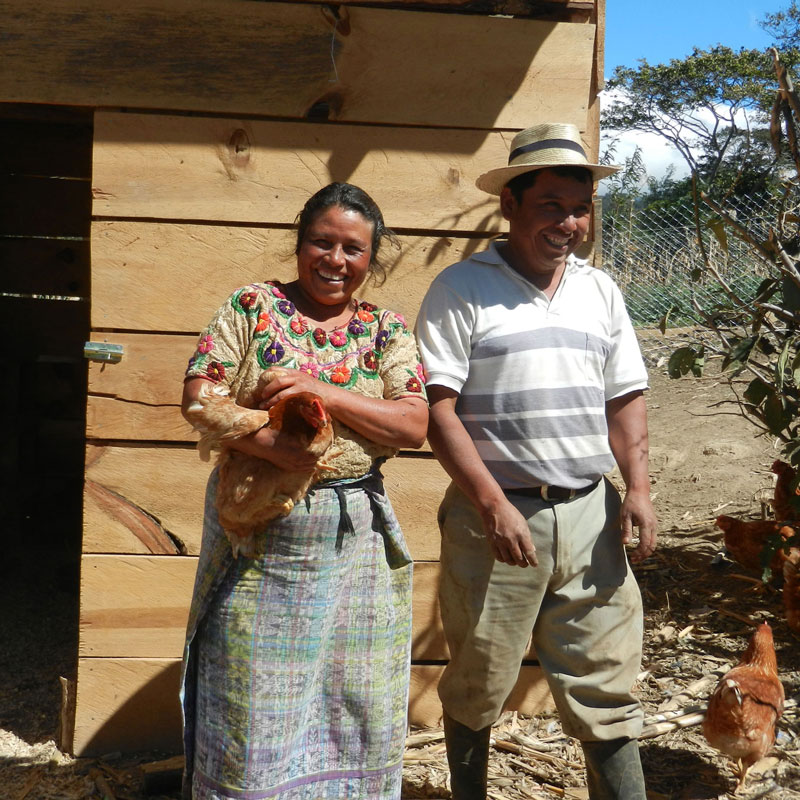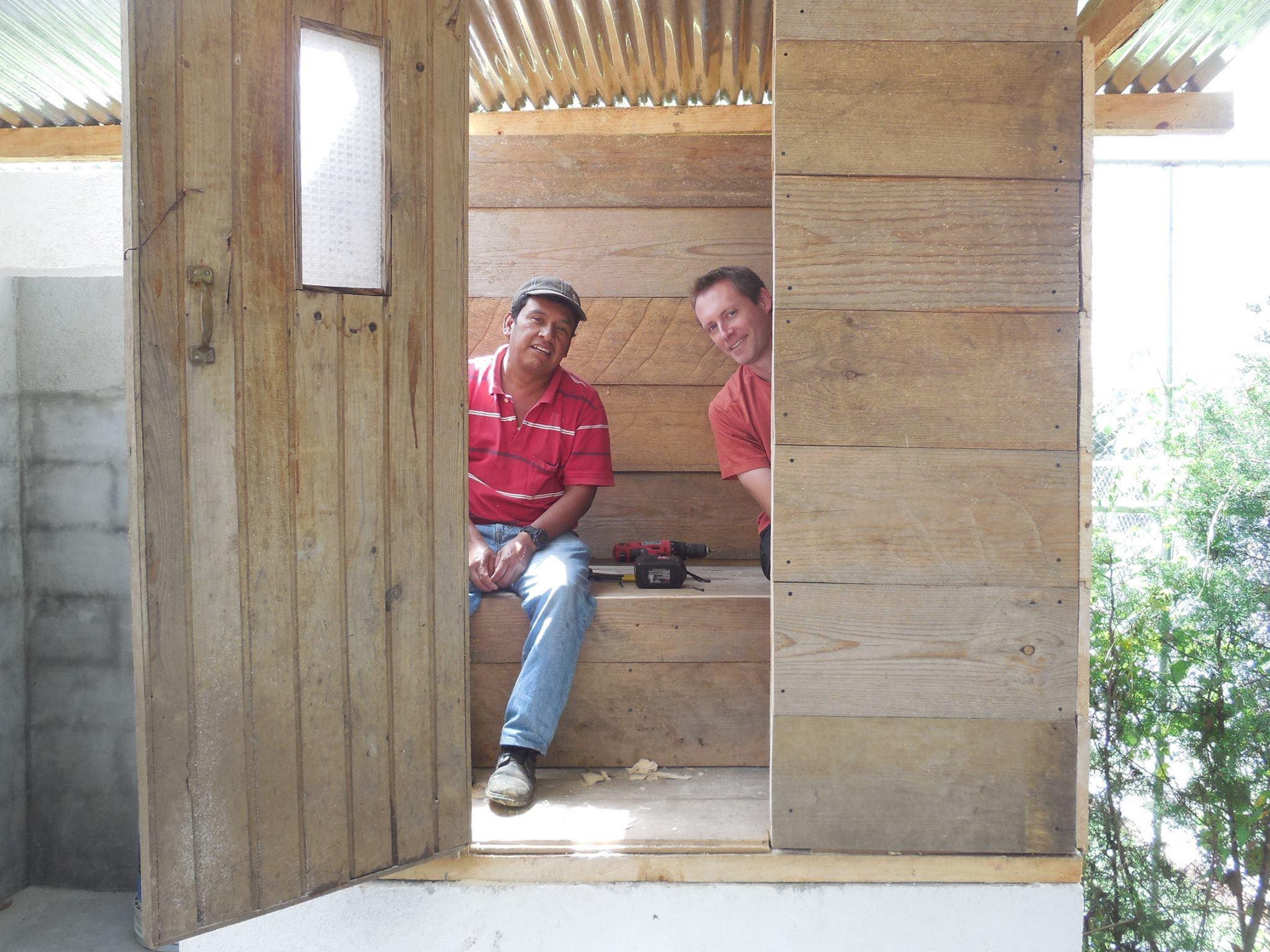Juan’s incredible journey
There was no love lost in the Cosigua home. The parents wed out of obligation and resented their children. Juan and his 3 brothers listened to the constant fighting and felt the effects of alcoholism and the stress of not having enough money. Every day was a struggle for them to survive.
As a child, Juan and his brothers suffered for 2 weeks with no food when Juan decided enough was enough. He went to go find work. He knew that he could always beg and he would likely get some food for it but he knew that was not what he wanted for his life. He went to a neighbor and asked if they had work. They were able to give him a job that paid 25 cents a week. While not much, it was enough to buy some beans and rice.
Juan returned home with his heart full of love and compassion for his family. He knew that the money he made wasn’t much, but it was a way he could care for those he loved. His mother was not happy that he had left, and so instead of welcoming him with open arms and gratitude for the chance of betterment, she began to beat Juan. That was when Juan had had enough. He ran away. He was 7 years old.
Juan didn’t want to get married and continue the cycle of his parents. But things changed when he met his wife Paulina. They got married and had three children. He found religion and managed to teach himself Spanish around age 20, having grown up only speaking Kaqchikel.

Time was hard on him but Juan was always striving for the best. He had become a respected member of the community. He was a leader in his church as well as a leader for the community. Local governments wanted him to be a part of their councils and people looked to him for ideas and guidance. He had a variety of jobs, mostly in agriculture: cutting down trees with his chainsaw, as a gardener, and other heavy labor. There was always food on the table but never enough to fully satisfy their hunger.
Paulina, Juan’s wife, has some land and in 2012 he planted 1000 tomato plants that would earn him approximately Q15,000 (US$1,935) and that would be enough to provide for his family for one year. Then disaster struck. He went to Paulina’s land and almost all the tomatoes were infected with a fungus that killed the plants; he lost the entire harvest.
The Jensens and the Denning Family decided the time was right to use an idea they had been developing. They worked with Juan to build chicken coops, to build a composting toilet, a fuel-efficient stove, cultivate composting worms, and to build garden boxes. They taught Juan the importance of nutrition, how to grow vegetables, how to better care for his animals, and how to be self-sufficient.
“I used to go up to my fields and cry and cry because I did not know how to provide for my children,” Juan said. “I didn’t know how to make more money than I was making.
“I always dreamed of enclosing [her] property (to prevent theft), having some animals, and making more money. It is tough sometimes when you do not have enough to eat, and you cannot give your children what they need.”
The Jensens and Dennings worked with Juan for months trying to complete all of these projects and teach him these new skills. They were successful, and Paulina’s land, under Juan’s care, began to thrive.
With Juan’s new skills, he was able to gain employment at an after-school feeding program. The program was able to pay him more than he had ever earned before. The gardens on the land were thriving. For the first time in his life, he was able to eat his fill; he had vegetables growing in the garden and animal products for his consumption. His kids were able to see the benefit of hard work and dedication to a goal.
When Cultiva was more fully organized Juan wanted to return to work with them. This was a program that worked for him and he could see how it could help others in his community, he wanted to give back. Juan now works with Cultiva. He is in charge of teaching the classes to the locals who come to learn, he does monthly check-ups with each person to provide the support and knowledge necessary to help their gardens grow, and he works with the Jensens to develop the program FURTHER to what the locals need to know.
When asked later how Cultiva changed his life Juan said, “I eat eggs now, and sometimes after I finish eating my plate of food, there is enough for a second plate.” Juan also expressed his deep gratitude for the Dennings and the Jensens. He knows that without them he would still be struggling to have enough food for his table, and he would never be able to change the community he lives in like he is doing now.

